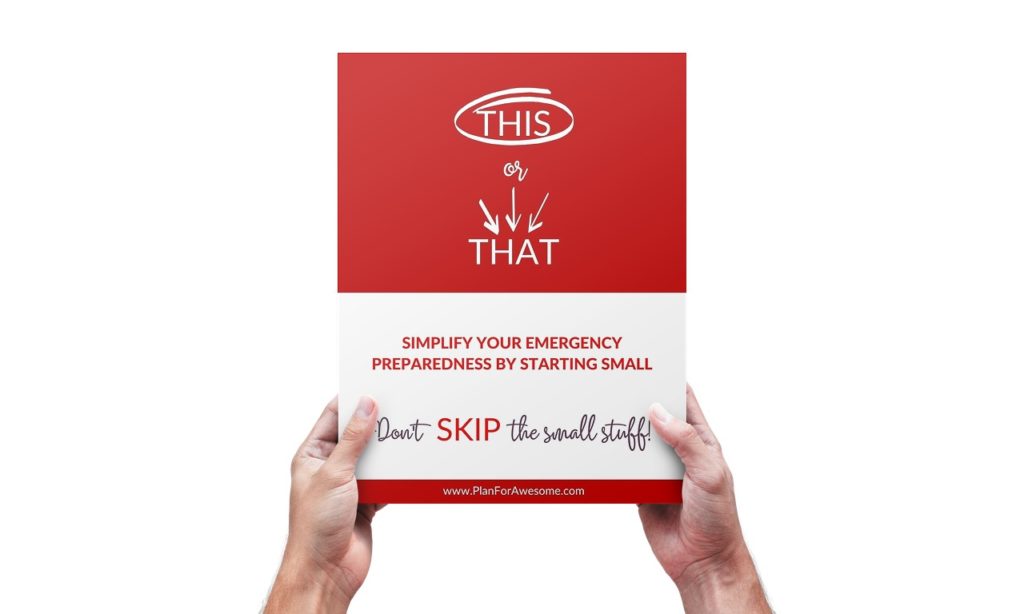
What to Know about Buying Life Insurance: Answers From a Professional
Buying life insurance can be a daunting task. I asked an industry professional some frequently asked questions so you can feel more confident in your search for the right policy and agent for you and your family.







